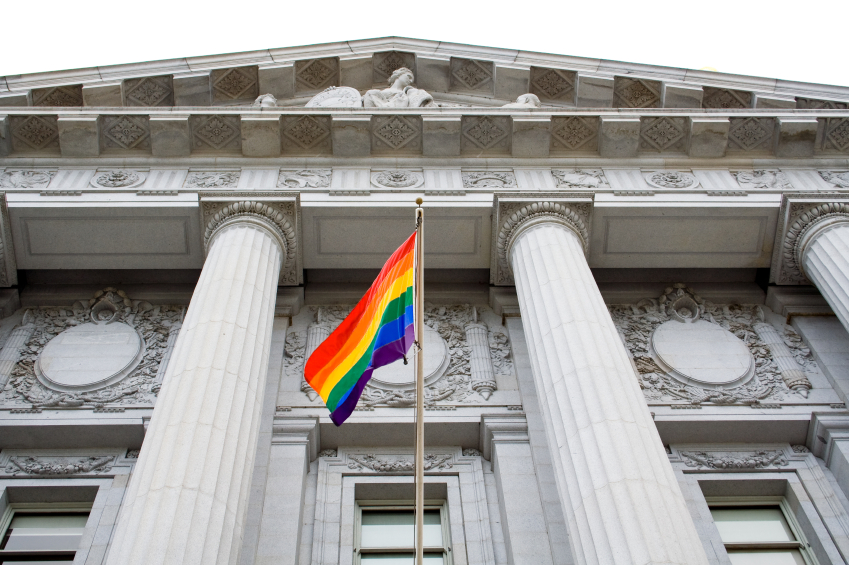In the wake of the U.S. Supreme Court’s landmark ruling in Bostock v. Clayton County, Georgia, which extended federal statutory protections to the LGBTQ community, many have wondered how the decision might affect other employment litigation under Title VII of the Civil Rights Act of 1964.

A recent decision by the U.S. 10th Circuit Court of Appeals—which covers Colorado, Kansas, New Mexico, Oklahoma, Utah, and Wyoming—suggests that, following Bostock, courts may begin to recognize new claims or even reconsider previous limitations on Title VII’s scope.
Facts and Findings
Layoffs occurred after Affinity Gaming Black Hawk, LLC, acquired the Golden Mardi Gras Casino in 2012. Eight women who were 40 or older filed “sex-plus-age” disparate impact and disparate treatment claims against Affinity under Title VII and the Age Discrimination in Employment Act (ADEA), alleging the buyer discriminated against women over 40.
The district court granted Affinity’s request to dismiss the sex-plus-age claims under Title VII and the ADEA disparate impact claim, then later granted summary judgment (dismissal without a trial) in the employer’s favor on the ADEA disparate treatment claim.
On appeal, the 10th Circuit affirmed the dismissal of the Title VII disparate treatment claim but reversed the dismissal of the Title VII and ADEA disparate impact claims as well as the grant of summary judgment on the ADEA disparate treatment claim.
10th Circuit’s Analysis and Intersectional Discrimination
At the outset, the 10th Circuit recognized that although several district courts and the Equal Employment Opportunity Commission (EEOC) recognize the validity of sex-plus-age claims, no federal appellate court had yet addressed whether Title VII prohibits sex-plus-age discrimination. The court found those kinds of claims are pursuable under Title VII, even though relief is also available under the ADEA.
In reaching the conclusion, the 10th Circuit cited Bostock’s holding that “if changing the employee’s sex would have yielded a different choice by the employer—a statutory violation has occurred.” Thus, “termination is ‘because of sex’ if the employer would not have terminated a male employee with the same ‘plus-’ characteristic.” Notably, it didn’t matter that the “plus-” category, age, isn’t a protected classification under Title VII.
The 10th Circuit also stated its conclusion was consistent with Title VII’s legislative purpose of striking at the “entire spectrum of disparate treatment of men and women resulting from sex stereotypes.” The court cited research showing older women are subjected to “unique discrimination resulting from sex stereotypes associated with their status as older women,” reasoning that recognition of such intersectional discrimination claims “best effectuates congressional intent to prohibit discrimination based on stereotypes.”
The 10th Circuit ultimately concluded intersectional discrimination against older women is the sort of bias Title VII was intended to prohibit, and discrimination against older women that doesn’t also target older men is unlawful. Frappied v. Affinity Gaming Black Hawk, LLC, No. 19-1063 (10th Cir., 2020).
Title VII’s Shifting Litigation Landscape
Ultimately, the Supreme Court’s decision in Bostock appears to be altering the landscape for Title VII litigation. Employers may begin seeing new types of claims as well as more creative arguments for coverage under the Act. If Frappied is any guidepost, courts may be more receptive to new types of discrimination claims and also may revisit previous decisions limiting the law’s scope. This possible trend in employment litigation will merit close scrutiny over the coming months and years.
Raphael B. Coburn and David A. Given are attorneys with Faegre Drinker. You can reach them at raphael.coburn@faegredrinker.com or david.given@faegredrinker.com.
